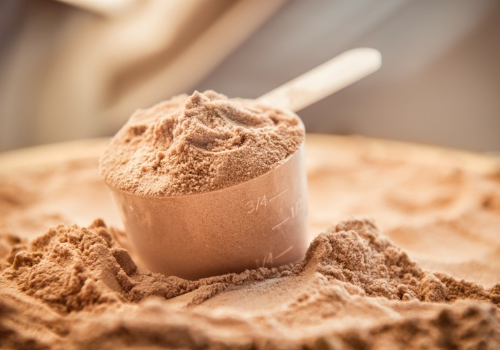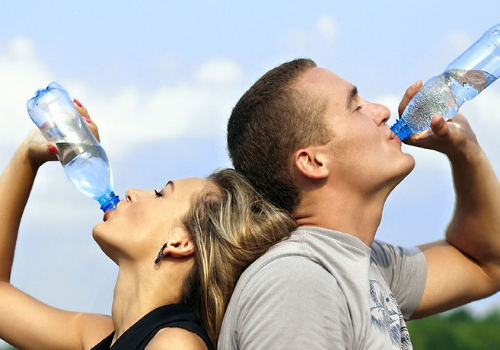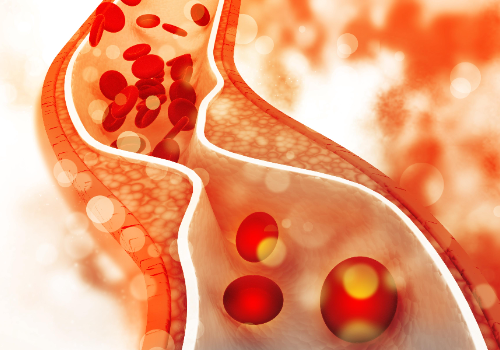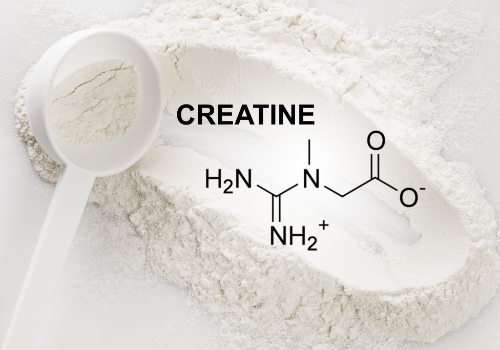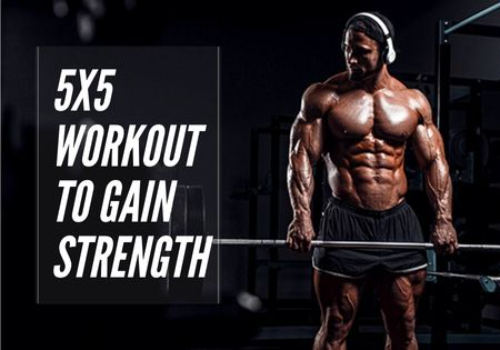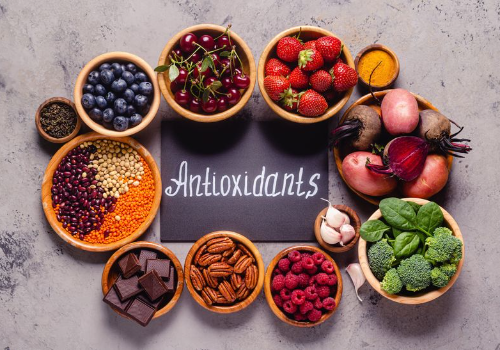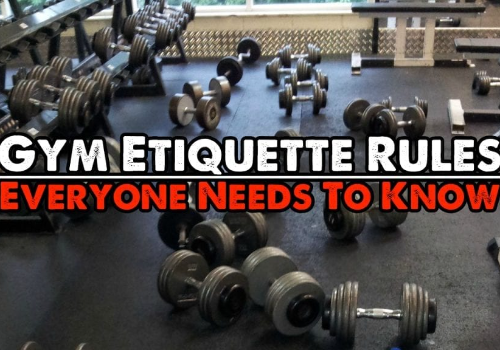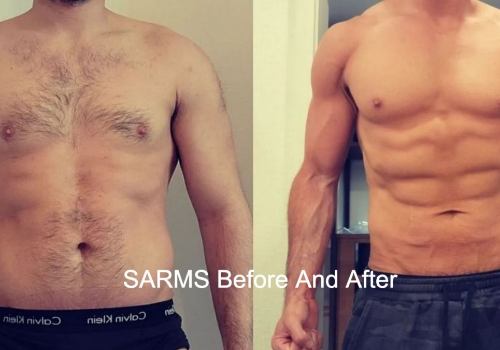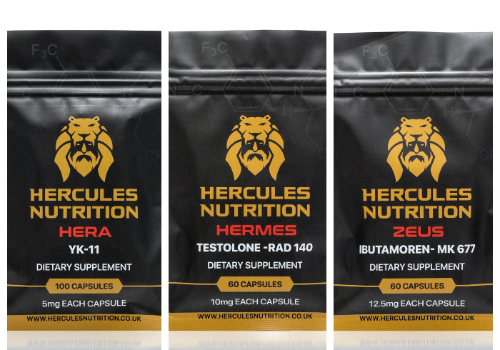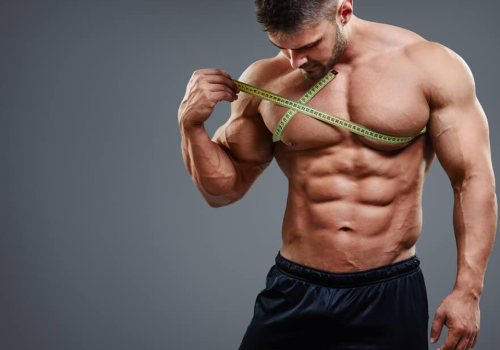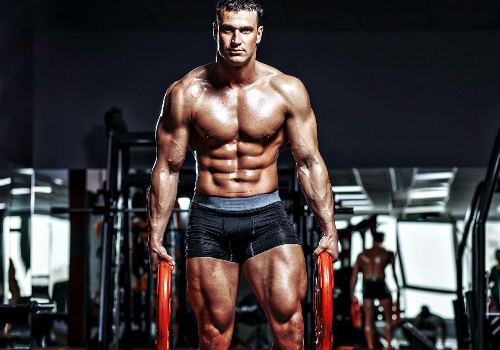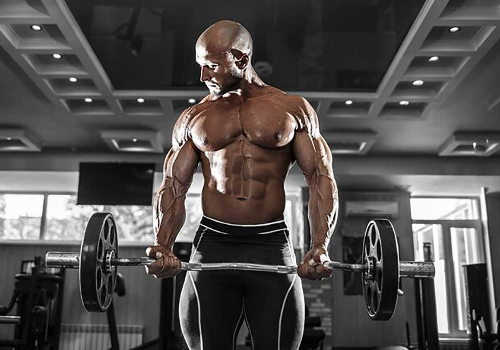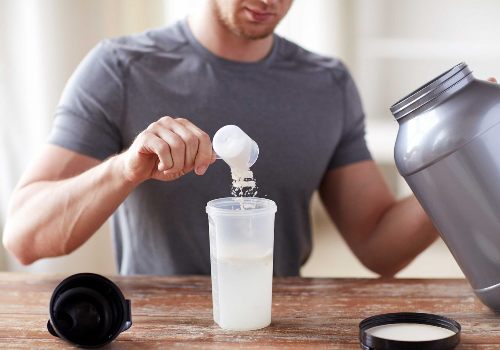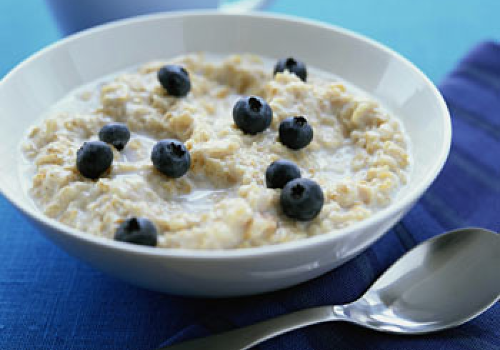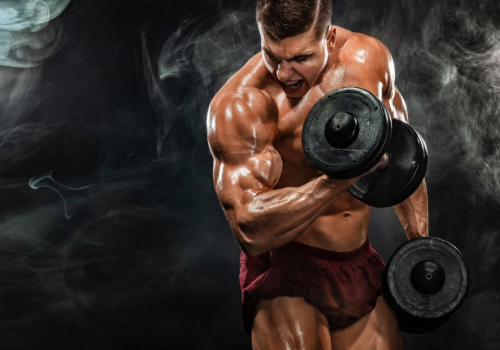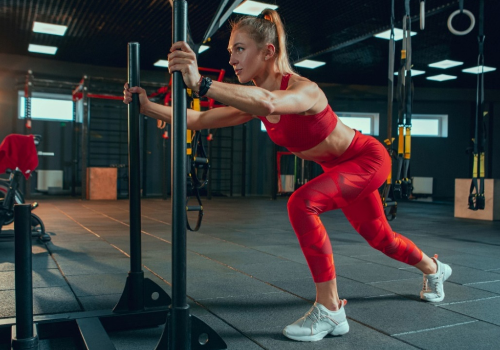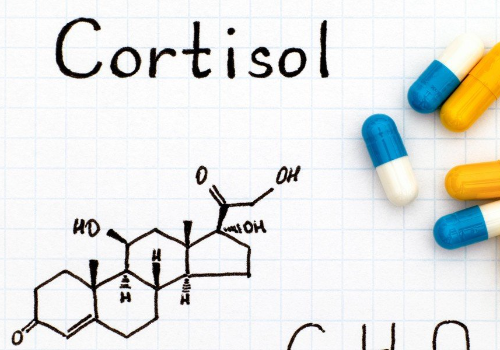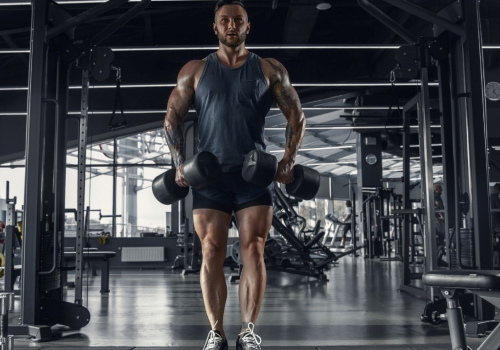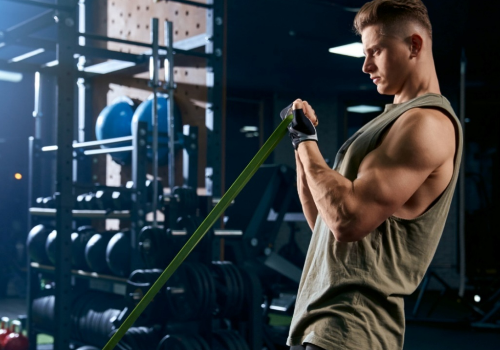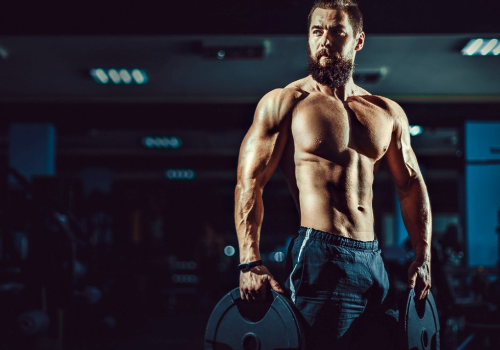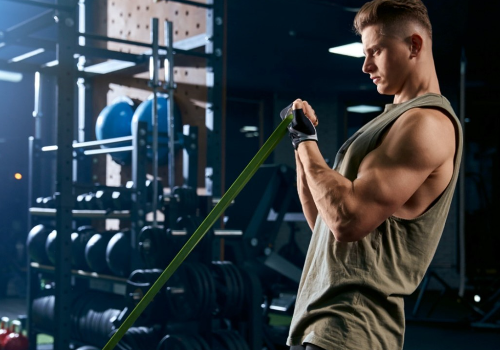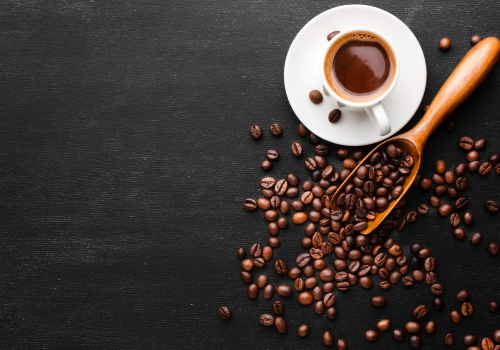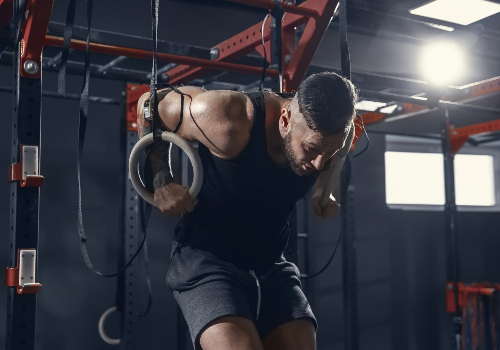

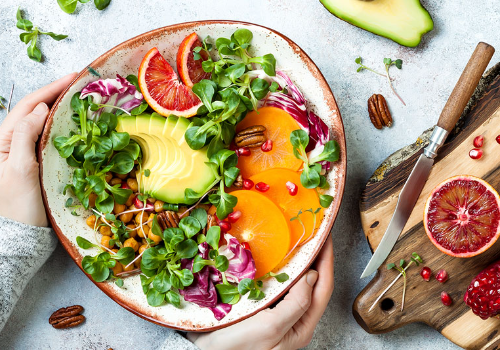 14
14Can bodybuilders really thrive on a plant-based diet? It's a burning question that has sparked intense debates and piqued the curiosity of fitness enthusiasts everywhere. With the popularity of plant-based diets, more and more athletes, including bodybuilders, are exploring the potential of powering their gains through plant-based nutrition.
When you think of bodybuilding, protein is undoubtedly a key player. Gone are the days when plant-based diets were considered an outlying movement. It has evolved into a mainstream lifestyle choice embraced by diverse individuals, including those pumping iron in the gym. And the appeal goes beyond ethical and environmental considerations. But bodybuilders need more than just "nutritious" meals—they require precise amounts of specific macronutrients to optimize muscle growth.
In this article, we'll explore the significance of a plant-based diet and its health benefits for bodybuilders.
You've probably noticed the buzz around plant-based diets, as it's been a hot topic in the fitness community! People are jumping on the plant-based bandwagon for many reasons – from improving heart health to boosting their digestion. But what about bodybuilders? Can they achieve the same results with plants as their primary protein source? Let's find out!
Now, one of the big concerns when it comes to a plant-based diet is meeting the protein needs. After all, protein is the crucial factor that repairs and builds your muscles. The plant-based diets are full of incredible protein sources that can fuel your gains just as effectively as any meaty option.
Keeping aside the plant-powered protein sources, you might have heard about SARMs – Selective Androgen Receptor Modulators. SARMs have become quite popular in fitness as supplements that boost muscle growth.
So, if you're someone looking for a quick solution to gain muscles, SARMs might be your answer. But before you buy SAMRs UK, make sure to find a reputable store that offers top-notch products to ensure your safety and maximize those gains.
A vegan bodybuilding diet is a specialized eating plan that prioritizes muscle growth while exclusively relying on plant-based foods. Unlike other plant-based diets that may allow for dairy or fish consumption, a proper vegan bodybuilding diet remains strict with plant foods and plant-based ingredients.
Simply put, a bodybuilding diet aims to maximize muscle development and growth by emphasizing high carbohydrate intake, moderate-to-high protein consumption, and balanced fat levels. Its primary objective revolves around fueling the body for intense workouts and supplying the essential nutrients necessary for efficient muscle recovery.
When you combine these principles with the vegan approach, you witness the emergence of a distinctive dietary regimen—a vegan bodybuilder diet. This diet optimizes muscle growth while exclusively relying on plant-based sources to achieve its goals.
There's often a common belief among bodybuilders and athletes that animal products are a must for achieving maximum muscle growth. But here's the exciting news: an increasing number of athletes are challenging this notion and proving that a plant-based diet can provide all the necessary nutrition for successful bodybuilding.
Contrary to what some may think, a well-planned plant-based diet can be a game-changer for bodybuilders. By strategically incorporating nutrient-rich plant foods into their meals, individuals can fuel their workouts and support muscle development, all while benefiting from the fantastic array of vitamins, minerals, fiber, and antioxidants that plants offer in abundance.
While animal products often steal the spotlight regarding protein, plant-based sources can also pack a powerful punch. Think lentils, chickpeas, black beans, tofu, tempeh, quinoa, amaranth, nuts, and seeds. These plant-based protein sources can provide the necessary amino acids to repair and grow muscles. The key is to mix and match throughout the day, ensuring a complete amino acid profile.
Carbohydrates are the fuel that keeps athletes going, and a plant-based diet can deliver them in spades. Whole grains like oats, brown rice, whole wheat, and fruits and starchy vegetables offer complex carbohydrates that provide sustained energy and aid in post-workout recovery. Plus, they come with a bonus—fiber, which supports healthy digestion and keeps you satisfied.
Healthy fats are not to be forgotten on a plant-based bodybuilding journey. Avocados and seeds are good sources of plant-based fats vital to hormone production and overall well-being. Additionally, a plant-based diet rich in fruits and vegetables provides a treasure trove of essential micronutrients, such as vitamins C & E, antioxidants, and phytochemicals, all contributing to a strong immune system and helping combat oxidative stress.
A plant-based diet primarily focuses on mainly incorporating plants into your meals, with the occasional inclusion of animal products. It differs from a strict vegan diet, which completely avoids any animal-derived foods.
Kelly Jones, a registered dietitian, suggests that a plant-based diet revolves around whole plant foods as the main stars of your meals and snacks. This means giving prominence to legumes, whole grains, vegetables, fruits, nuts, and seeds. The goal is to enjoy these plant-based ingredients in their natural form, preserving their nutritional value.
While a plant-based diet may include animal products, it prioritizes consuming them less frequently and in smaller portions than traditional American diets. The focus is on maximizing plant-based nutrition.
Soy products like tempeh, tofu, and edamame are popular plant proteins known for their high protein content per serving. They are considered high-quality plant proteins due to their essential amino acid content and bioavailability.
Don't underestimate the protein content in legumes such as beans, lentils, and split peas. They serve as excellent sources of plant-based protein and can be incorporated into various dishes.
Grains like farro, quinoa (a seed that acts like a grain), and bulgur offer carbohydrates and fiber and contribute to your protein intake. These versatile grains can be used as a foundation for hearty plant-based meals.
Enjoy the protein-rich goodness of nuts, with options like pistachios and peanuts (technically legumes with nut-like qualities) providing a substantial protein boost. While macadamias and pecans have lower protein content, they offer valuable nutrients that complement a plant-based diet.
Ensuring adequate protein intake and meeting calorie needs is essential to support muscle growth and recovery. This may involve incorporating protein-rich meals and snacks throughout the day, and for some individuals, it may also include considering additional supplements like SARMs (Selective Androgen Receptor Modulators).
SARMs have gained popularity in bodybuilding for their potential to enhance muscle growth and performance. SARMs UK, including those available in reputable SARMs stores, are often sought after by athletes and fitness enthusiasts looking to maximize their results. These compounds selectively target androgen receptors in the body, stimulating muscle protein synthesis and promoting an anabolic effect similar to traditional anabolic steroids but with potentially fewer side effects.
While SARMs UK are not typically plant-based supplements, they can be used with a plant-based diet to support bodybuilding goals. It's important to note that the purchase and use of SARMs should be done responsibly and within the guidelines of legal and regulated sources.
Reference:
